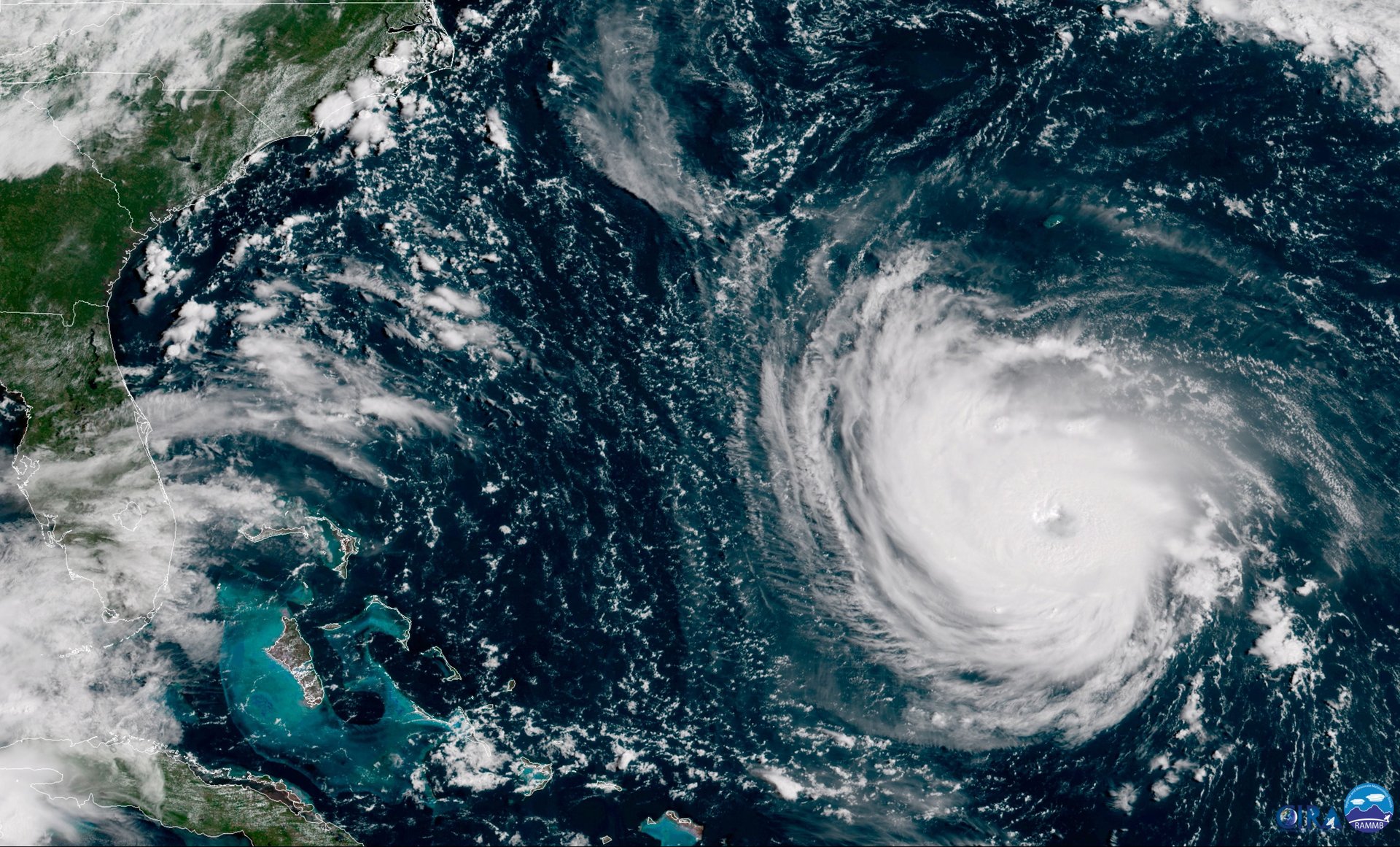How to help Hurricane Florence relief efforts
More than a million people have been advised to evacuate the US East Coast to escape Hurricane Florence, which president Donald Trump says will be “one of the biggest” to ever hit the US.


More than a million people have been advised to evacuate the US East Coast to escape Hurricane Florence, which president Donald Trump says will be “one of the biggest” to ever hit the US.
If hurricanes Maria in Puerto Rico and Harvey in Houston are anything to go by, the region will need all the help it can get in providing aid and recovery. Here are some ways you can help.
Before personally volunteering or sending food and clothes, make sure you read the guidelines provided by the Federal Emergency Management Agency (FEMA).
Donate
Donating is often the most effective way to help in the wake of a natural disaster. Relief organizations massively prefer cash donations over clothes or food, which tend to divert crucial resources away from helping the afflicted in order to package, sort, and store the goods.
National and local organizations are taking donations to fund their relief efforts:
- The Red Cross (or give $10 by texting “FLORENCE” to 90999)
- The Salvation Army
- Save the Children
- Team Rubicon (military veterans who volunteer in disasters)
- Habitat for Humanity (provides long-term recovery aid)
- United Way
- The South Carolina and Georgia state chapters of NVOAD (National Voluntary Organizations Active in Disaster) have pages directing you to their chosen relief organizations
- The North Carolina Disaster Fund
Volunteer through a trusted nonprofit
Make sure you do your research before rushing to help out—people throwing themselves into the situation without going through a disaster response organization can do more harm than good. As FEMA notes, “following a disaster, a community can become easily overwhelmed by the amount of generous people who want to help.”
Before doing anything, make sure it’s safe to go to volunteer sites and that they actually need you. If and when you are given a task, make sure you have safety gear.
The following organizations are vetted and can coordinate your services.
- NVOAD lists dozens of NGOs equipped to help (you can also enquire with the North and South Carolina, Georgia, and Virginia NVOADs)
- National & Community Service
- Citizen Corps
- The Red Cross
Be patient
It’s human nature to want to help immediately. Actually, much of the most valuable help will be offered over a long time to come—and outside the glare of the national spotlight.
“Recovery lasts much longer than today,” FEMA writes. “There will be volunteer needs for many months, and years, after the disaster.”
Want more information?
Visit FEMA’s page on volunteering and donating responsibly and read its six-page guide (pdf).